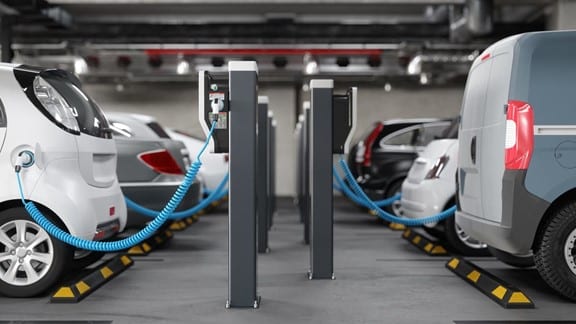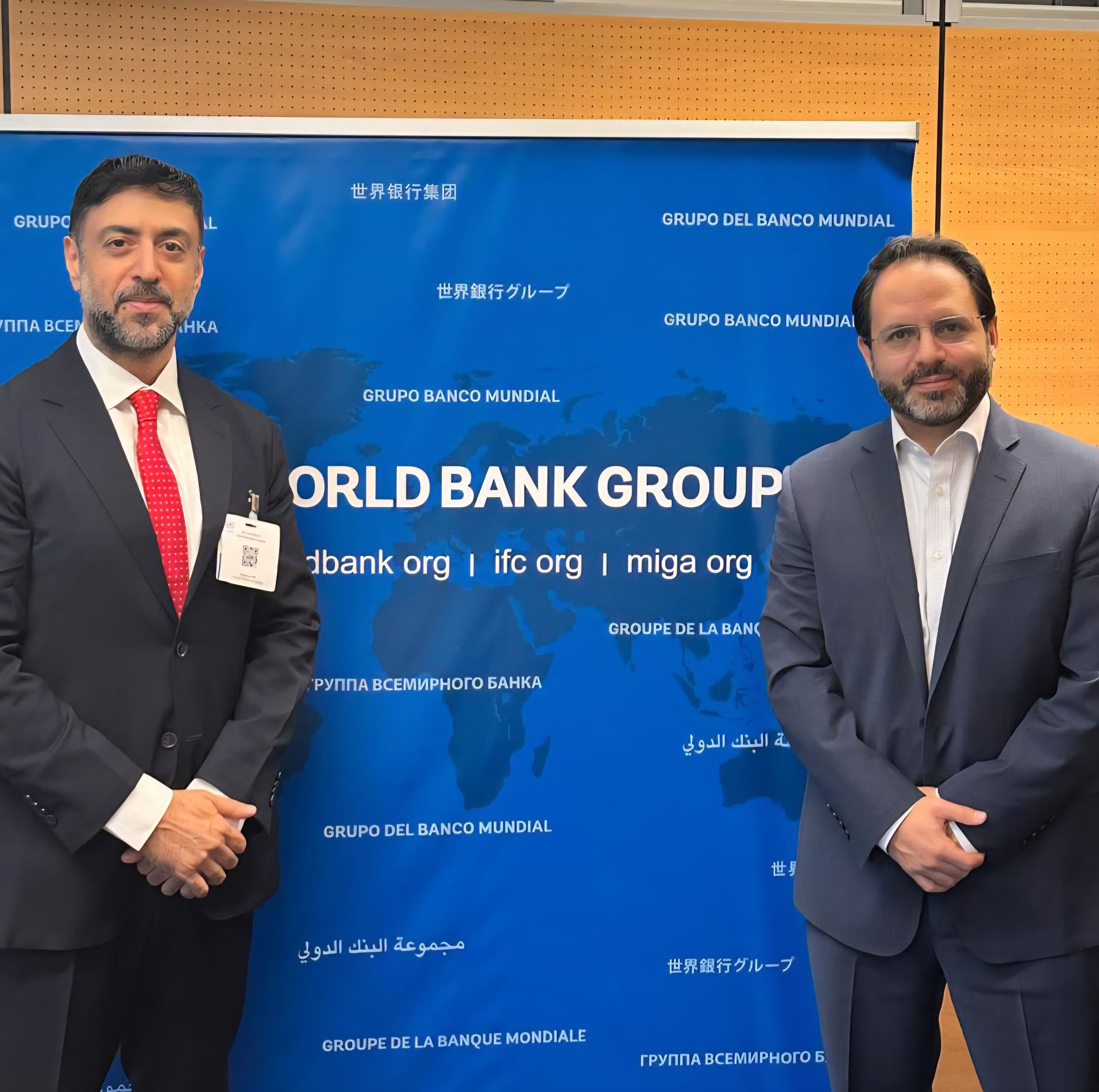Cairo
Source: Al-Wafd newspaper
Prof Dr. Ali Mohammed Al-Khouri
Amidst the major transformations taking place in the electric car industry, the global competition between Europe and China stands out as one of the most exciting contemporary economic issues. This competition is no longer an industrial conflict as much as it is a strategic confrontation that affects the structure of the global economy itself. In light of the recent decisions taken by the European he European Federation to impose temporary tariffs of up to 38% on Chinese electric cars, in addition to the 10% fees previously imposed, tensions between the two powers are escalating in European markets, while other markets, including Arab ones, remain at a crossroads, looking forward to a deeper role in this battle that can be exploited to create promising economic and development opportunities.
China, which has been able to build an integrated supply chain for the battery industry, has been able, through extensive government support mechanisms, to transform its local market into the largest electric car market in the world, combining technological superiority with low cost. In contrast, European companies are facing difficulty in achieving similar economic and industrial competitiveness, which has prompted them to pressure their governments to take protectionist measures in an attempt to slow down Chinese expansion in European markets. However, these measures may not be a sustainable solution, as China is expected to seek to expand its share in foreign markets, including emerging markets, which are of strategic importance to both parties.
In parallel with these transformations, real opportunities emerge for the Arab world, which can exploit this global competition to its advantage by attracting huge investments in the electric car sector, especially in the field of battery manufacturing and the production of rare metals used in this industry. These investments can achieve a qualitative shift for the Arab world, by reducing dependence on oil revenues and promoting sustainable economic growth. Since electric cars represent a step towards reducing carbon emissions and improving air quality, their widespread adoption may contribute to addressing environmental challenges and reducing the region’s carbon footprint.
However, as tempting as these opportunities are, they require huge readiness to face several challenges. The shift towards electric cars cannot happen without an integrated infrastructure that includes advanced electricity networks and charging stations available in various regions, which requires huge financial investments and long-term strategic planning. In addition, Arab countries must consider how to make electric cars available to a wider segment of citizens, given their current high costs. This challenge requires policies that ensure stimulating the local market, enhancing community awareness of the environmental and economic benefits of electric cars, and ways to use them effectively.
It is important for Arab governments to adopt a more comprehensive vision to benefit from the Sino-European competition and establish a clear framework for cooperation with major companies looking to establish production centers in the region. This vision should include how to develop strategic partnerships with foreign entities to enhance local capabilities in the fields of manufacturing and technology, and direct private sector investments towards developing the electric car sector and providing new job opportunities.
In addition, it is necessary to recognize the global shifts towards a green economy, which requires Arab countries to gradually abandon their total dependence on traditional energy resources and support economic diversification strategies by exploiting renewable energy and electric cars. Such an approach will enhance Arab countries’ energy independence, contribute to reducing negative environmental consequences, and provide a strong foundation for sustainable growth.
Based on all this information, it can be said that the Arab world is today at a pivotal moment, where it can invest in the economic conflict between Europe and China as an opportunity to achieve a developmental and strategic leap that enhances its economic position on the international stage. This path requires close cooperation between governments, the private sector and civil society, to develop bold policies that put the environmental and economic future at the forefront of priorities, and contribute to creating a more sustainable and independent economic structure.












